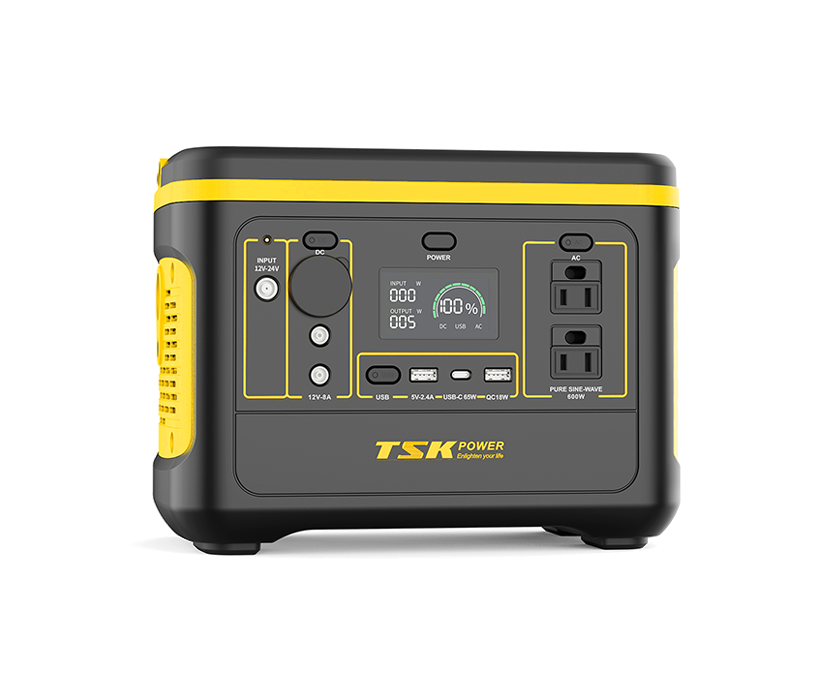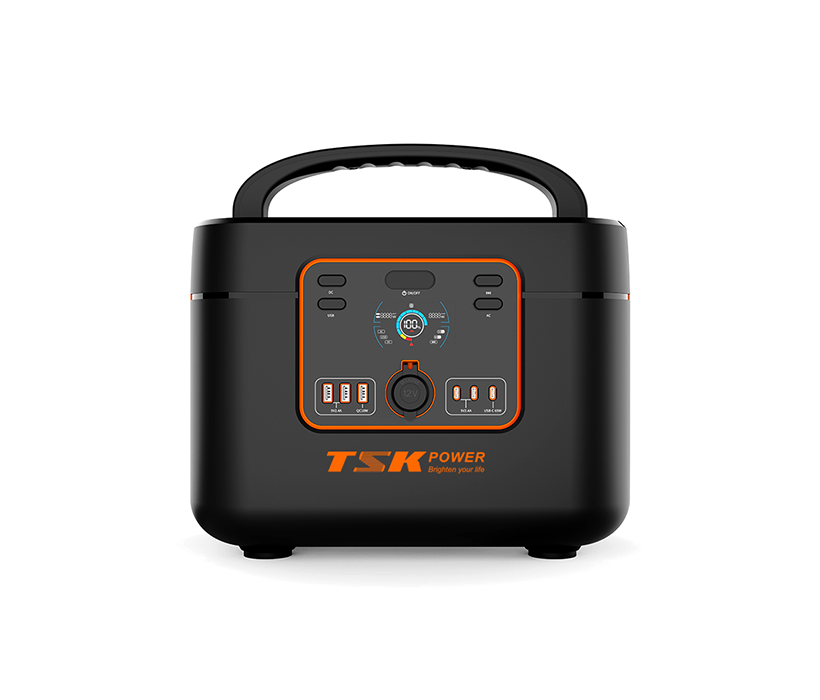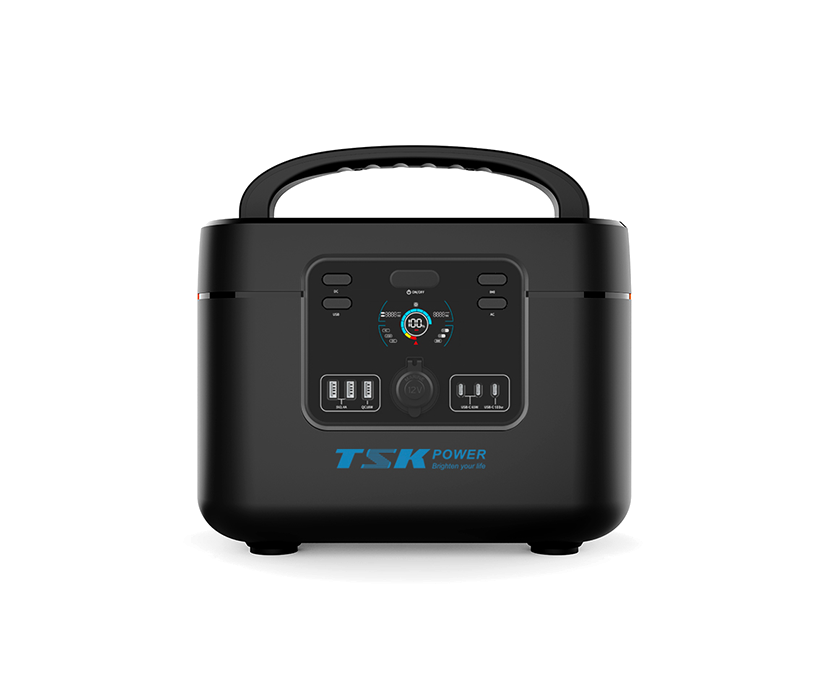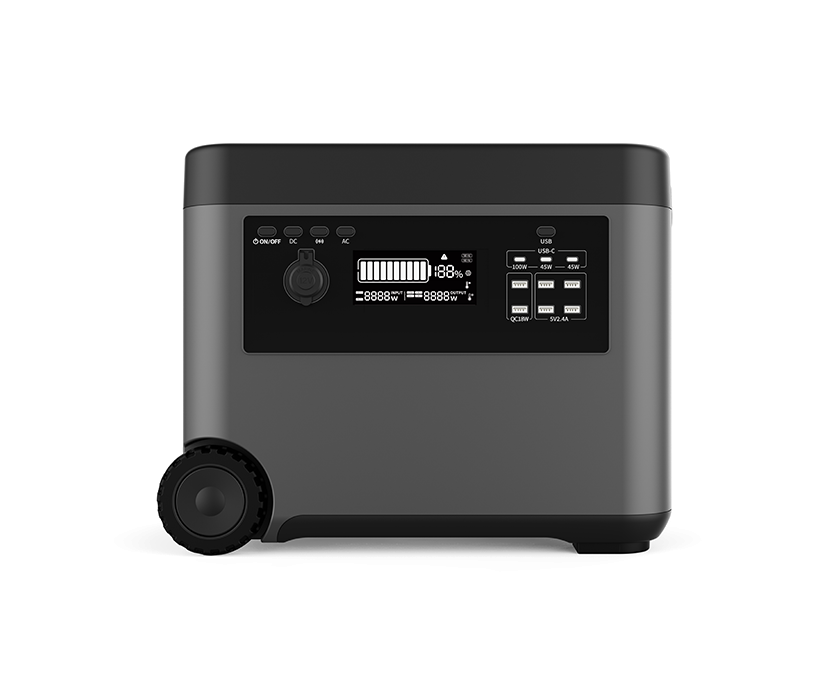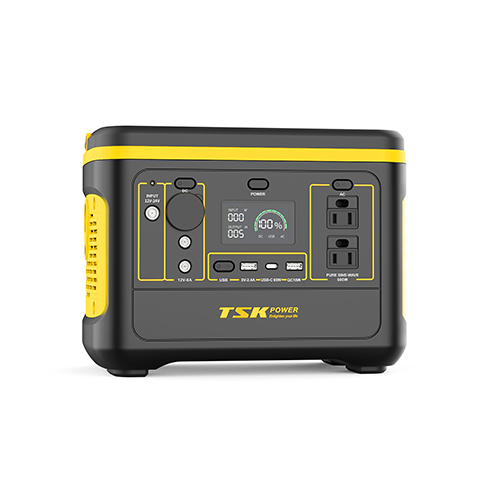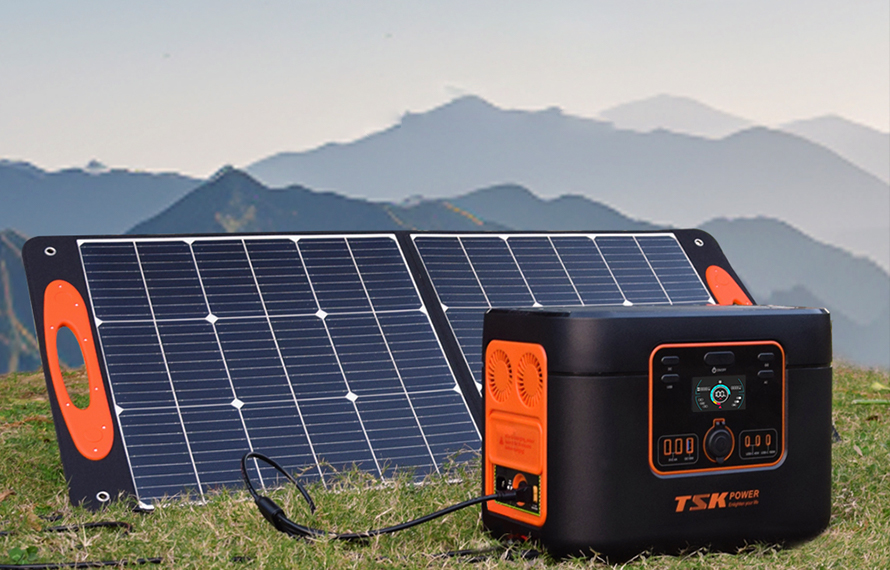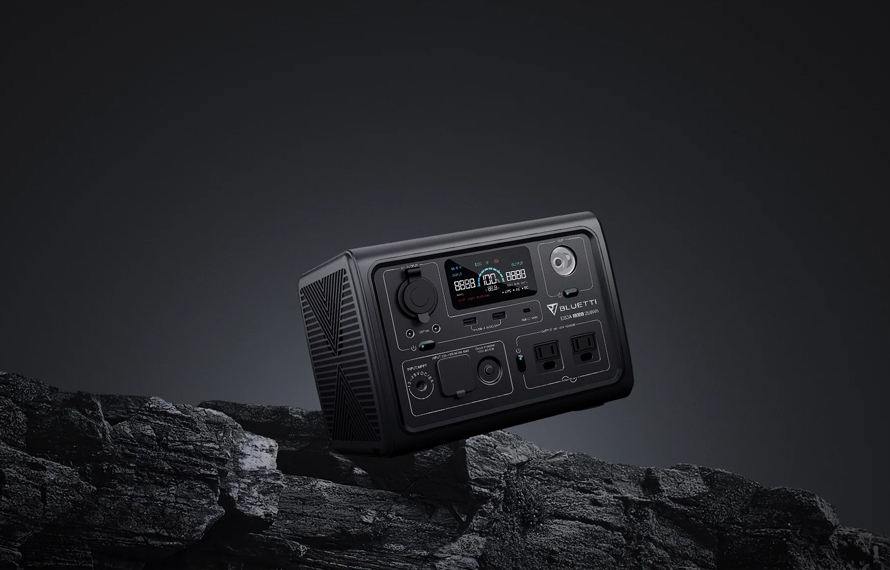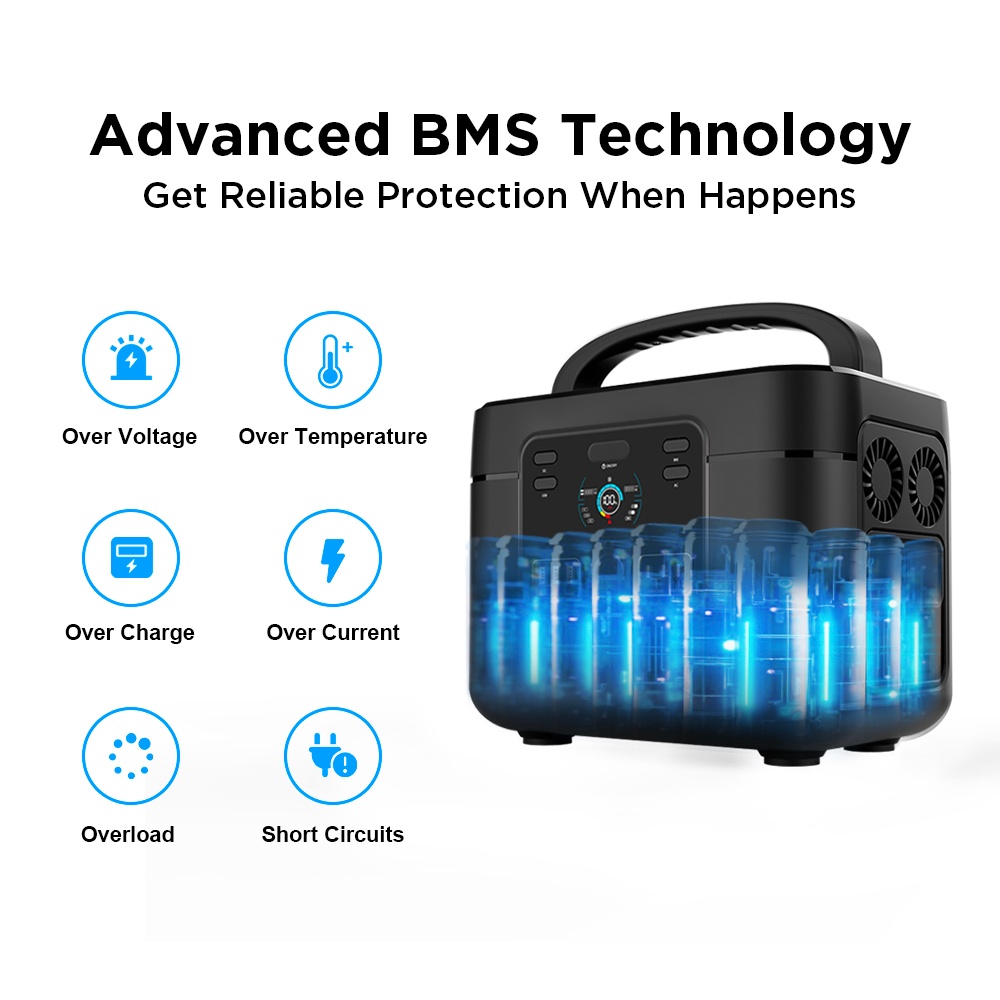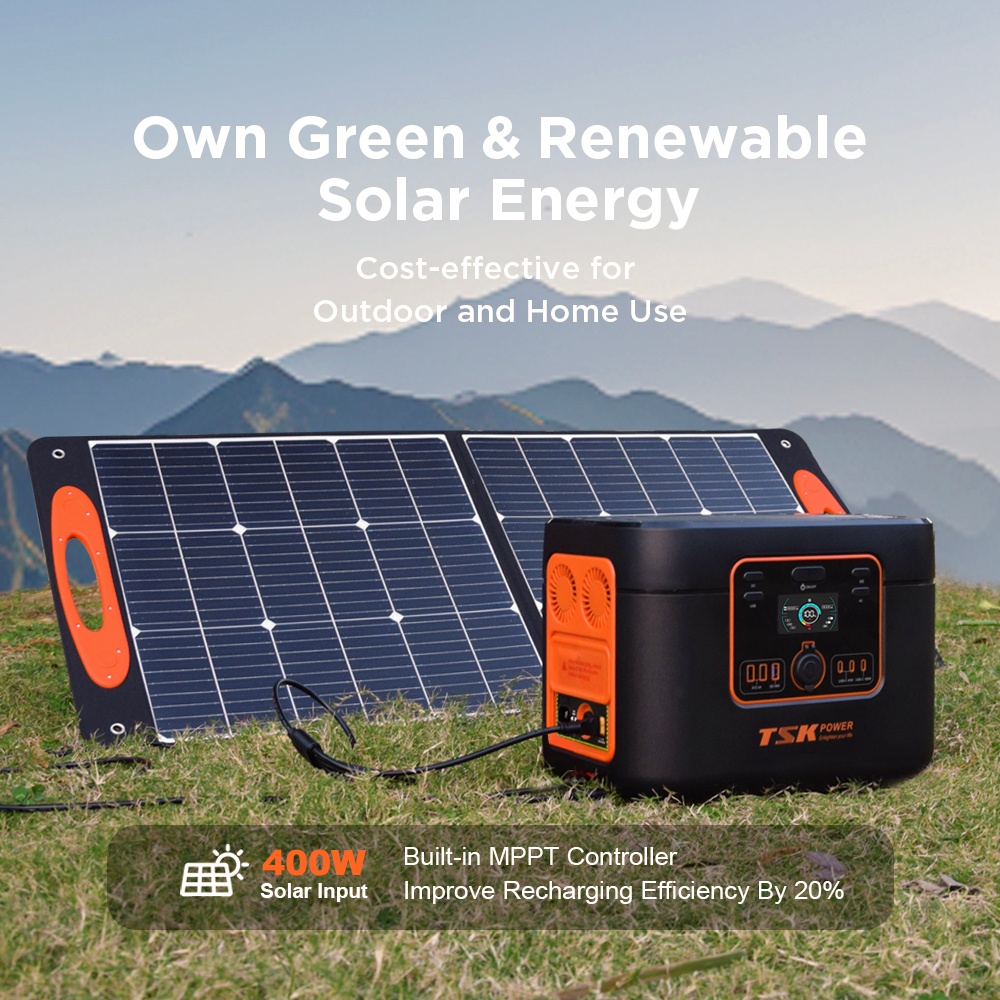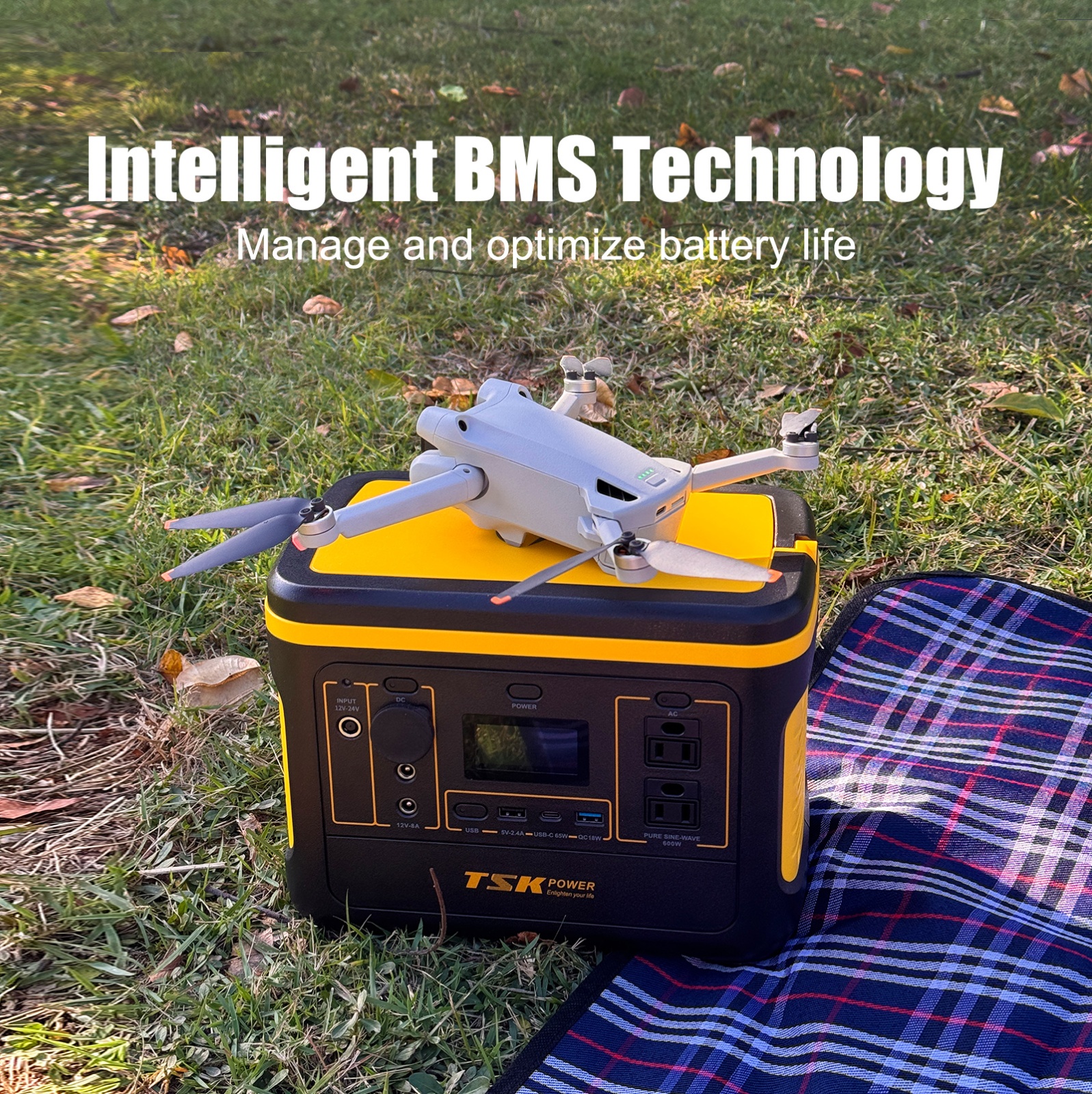With the increasing popularity of outdoor activities, outdoor power has become an indispensable equipment for many explorers, camping enthusiasts, and photographers. However, the dazzling variety of outdoor power supply brands and models on the market makes people dizzy, and how to choose a practical and suitable outdoor power supply has become an important issue. This article will provide you with a detailed introduction on how to choose outdoor power sources to help you make wise choices.
1、 Clarify requirements
Before choosing an outdoor power source, first clarify your own needs. Different outdoor activities have different requirements for power supply. For example, simple camping activities may only require charging small devices such as phones and flashlights, while long-term photography or exploration activities may require providing continuous and stable power to large devices such as cameras and drones. Therefore, clarifying one's own needs is the first step in choosing an outdoor power source.
2、 Understanding power supply types
Outdoor power sources are mainly divided into several types, including lead-acid batteries, nickel hydrogen batteries, and lithium-ion batteries. Lead acid batteries have a large volume and heavy weight, but their prices are relatively low; Nickel hydrogen batteries have higher energy density and lower self discharge rate, but their prices are relatively high; Lithium ion batteries have the advantages of small size, light weight, and high energy density, making them the mainstream choice for outdoor power sources. When selecting outdoor power sources, one should choose the appropriate type of power source based on their own needs and budget.
3、 Pay attention to power capacity and output
Power capacity and output are important indicators to consider when selecting outdoor power sources. Capacity determines how much power the power supply can provide to the device, while output determines how many devices the power supply can charge simultaneously. Therefore, when selecting outdoor power sources, one should choose the appropriate capacity and output based on the number of devices and power requirements.
4、 Consider portability and durability
Outdoor power supplies need to be carried with you, so portability is also an important consideration. When selecting outdoor power sources, products with small size, light weight, and easy portability should be chosen. In addition, outdoor environments are often harsh, so it is also necessary to consider the durability of the power supply. Choosing outdoor power sources with waterproof, dustproof, and impact resistant characteristics can better cope with various outdoor environments.
5、 Reference user reviews and professional testing
When selecting outdoor power sources, you can refer to the evaluations of other users and the results of professional testing. User reviews can help understand the actual user experience and advantages and disadvantages of a product, while professional testing can provide a more objective and comprehensive evaluation of product performance. By synthesizing this information, one can have more confidence in selecting an outdoor power supply that suits oneself.
Choosing an outdoor power supply requires comprehensive consideration of multiple factors, including demand, power type, capacity and output, portability and durability, as well as user evaluation and professional testing. Only by comprehensively considering these factors can a practical and suitable outdoor power supply be selected to provide stable and reliable power support for outdoor activities.
 2024-08-21
2024-08-21
